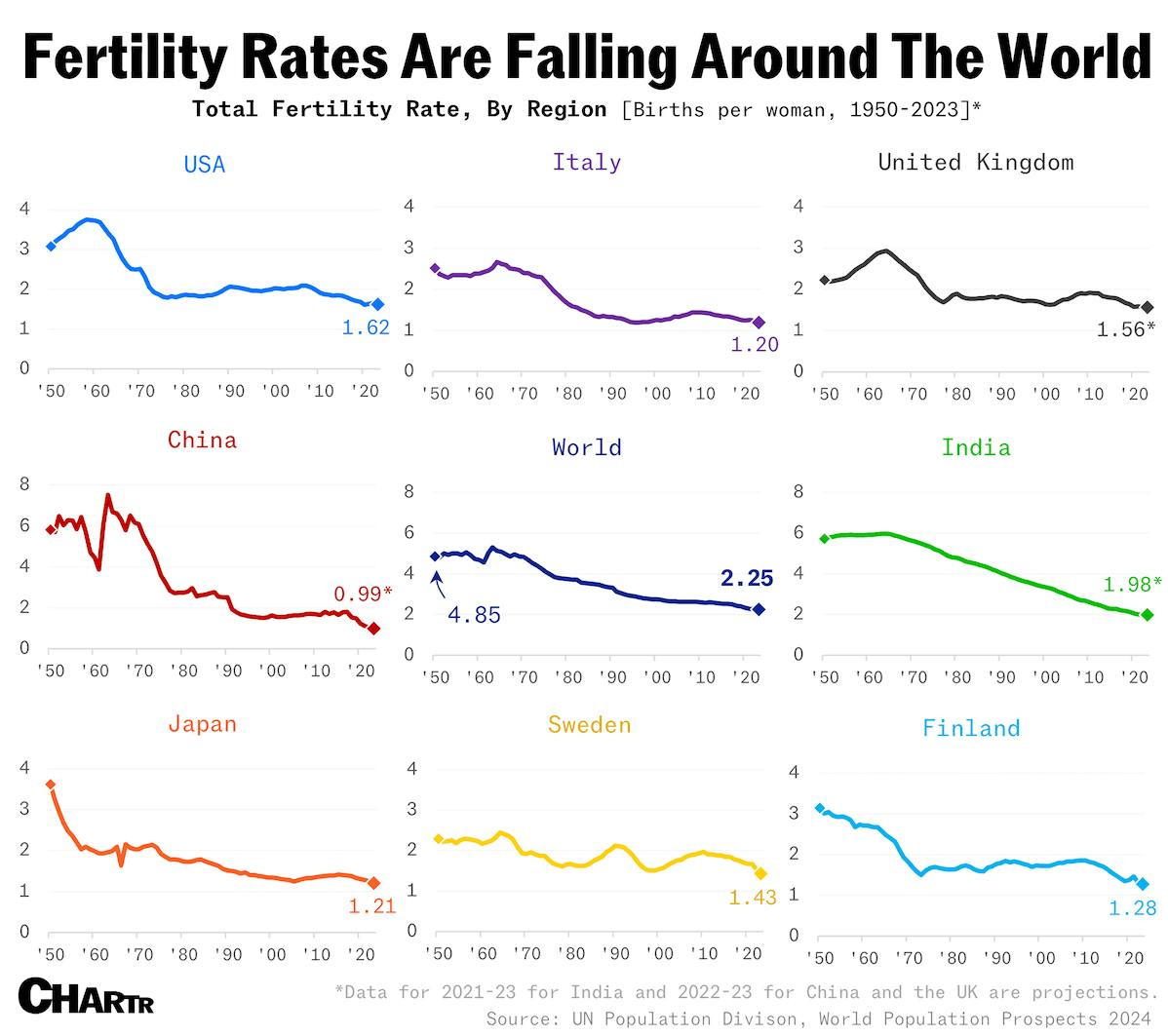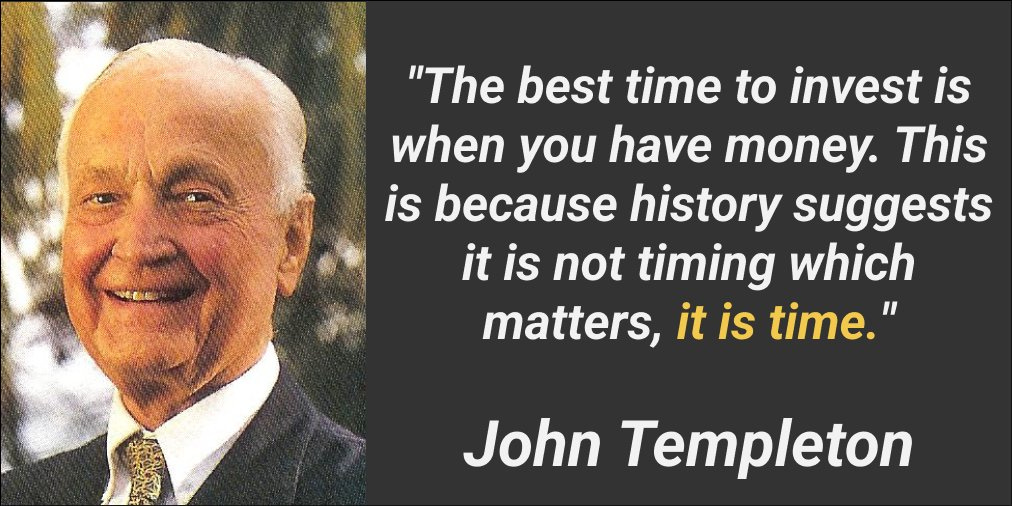🇺🇸💪 US Economy Defying Expectations
Happy Sunday,
The U.S. economy is proving surprisingly resilient in 2024, despite challenges like rising jobless claims, ongoing tariffs, and inflation concerns. Household wealth is at record highs, driven by tech gains, but many Americans are turning to credit as savings dwindle. The housing market struggles with high mortgage rates, and the Fed remains cautious on inflation.
Let’s dive in!
- Humphrey & Rickie
Market Report
US Continues to Defy Expectations in 2024 Amid Tariffs, Immigration and Fed Drama
Here’s a rundown of what happened to the US economy in 2024…
Even as hiring slowed and jobless claims ticked higher, wage growth outpaced inflation and household wealth reached new records (thanks Nvidia), which should boost household spending.
While spending is holding up, Americans used up their pandemic excess savings and have been saving a smaller amount of their income each month.
While some are enjoying the wealth effect from gains in the stock market, lower-income consumers are increasingly relying on credit cards and other loans to support their spending.
In the Fed’s fight against inflation, progress has stalled over the past few months following a steady decline in 2023. The Fed’s preferred inflation tracker, core PCE, rose 2.8% in November from a year ago.
Looking ahead in 2025, Jerome Powell has already said that they’ll need to see more progress on inflation before deciding on additional rate cuts.
Despite the rate cuts we saw in 2024, the housing market has continued to struggle as mortgage rates have ticked towards 7% on expectations of fewer rate cuts.
Homebuilders and contractors have been trying to incentivize buyers by offering price cuts, mortgage buydowns, and other discounts.
However, in the resale market, which is the majority of home purchases, 2024 sales came in as the worst since 1995.
US Jobless Claims Reach 3-Year High as Fed Watches for Deterioration…
Recurring applications for US unemployment benefits rose to 1.91 million, marking the highest level in over three years. This increase in continuing claims, which serve as a proxy for the number of people receiving benefits, suggests that unemployed individuals are spending longer finding new employment.
Despite these developments, Federal Reserve Chair Jerome Powell maintains that the labor market remains "in solid shape," although the Fed is closely monitoring for signs of deterioration.
🎉 Want to make better investing decisions?
I just launched my brand new paid Whop community, Critical Wealth. Join to see:
✅ My Portfolio + Buys & Sells
✅ Access to exclusive videos (2 per month not seen on YouTube)
✅ Investing Questions Answered
✅ Membership in a community of like minded investors
If you’re looking for a good community, I’m building one of the best communities in personal finance and investing, and for less than a dollar a day you can support the channel and get access to a private community with other like minded investors.












